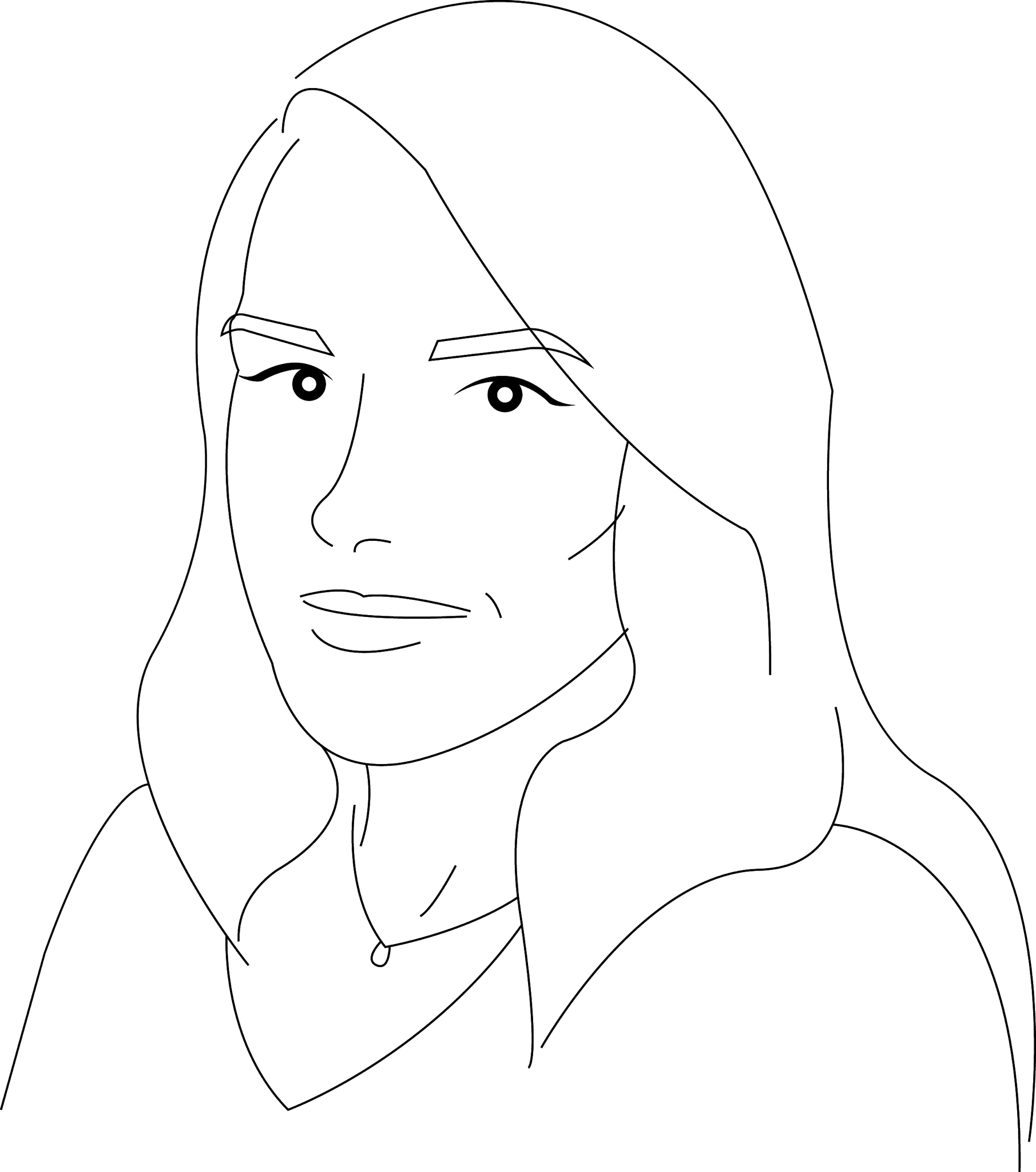Eat, Pray, Supplement
In my previous post, I spoke briefly about the importance of monitoring nutrition in order to avoid fatigue and other health issues. I was curious as to just how deeply the exclusion of animal products affects the young adult. I was able to talk to Eileen Behan RD, a nutritionist based in Exeter, New Hampshire. Behan has over 25 years of experience as a professional nutritionist and specializes in weight management for adults and children. Eileen is a member of the American Dietetic Association and a registered and licensed dietitian. She is the author of nine books on family nutrition, including the award-winning Eat Well Lose Weight While Breast-feeding, and Cooking Well for the Unwell, which was nominated for a Books for Better Life Award.
“When an individual does not eat any animal food sources a couple of nutrition issues become important.” says Behan. “A college age student 19-24 needs 46 grams to prevent deficiency. Plant protein is not the same as animal protein because it does not contain all the amino acids and the form of iron in plant protein called non-heme ironis not as well absorbed as the heme iron in animal foods.” Because of this, it is important that a vegan stress the importance of obtaining these amino acids and iron, which can be improved by eating vitamin C, which aids iron absorption. It is especially important to females that an appropriate level of iron is consumed because of menstruation.
As said before, vitamin B12 is an essential nutrient that is only found in animal by-products, so a supplement is necessary for vegans.
Something that is very often skipped over when researching veganism is the importance of replacing Docosahexaenoic acid (DHA), an omega-3 fatty acid brought to us by seafood and shellfish. Bethan suggests that vegans eat seaweed or take a supplement made from algae. “DHA appears to be very important to heart and brain health, so it is not to be missed.”
As a college freshman, my body, brain, and bones have not yet been developed or strengthened to their full potential. Excluding dairy means that finding calcium just got a little more difficult, and it is important to build the strongest bones before the age of 30. Luckily, Behan tells us that calcium is now being added into non-dairy milks, such as soy or almond milk. Another essential vitamin added to milk is Vitamin D. From one New-Englander to another, Behan says it is especially important for anyone living in climates such as the northeast where we do not get enough sun in the winter. Vitamin D should be replaced by a supplement, especially in the winter.
While minimal weight loss or gain may be contributed to other factors, it is important to keep track of your body and maintain a healthy BMI for your age. “When unwanted weight loss occurs it means they are not getting enough to eat and when that happens it becomes even more important to eat a nutrient dense diet.”
So to sum it up?
“Maintain weight, eat a wide variety of food, beans, nuts, grains, get both a good calcium and vitamin D source, find a way to get DHA and B12, and ask your doctor about checking iron levels - just to be sure.”
Veganism has so far been like my dog, Annie. Nice sometimes, annoying most times, and constant attention required in order to avoid chaos. With all this aside, is there any objective proof that veganism is the superior diet? So far, no. It is, however, the less convenient one.
Please visit Eileen Behan's website at eileenbehan.com!

